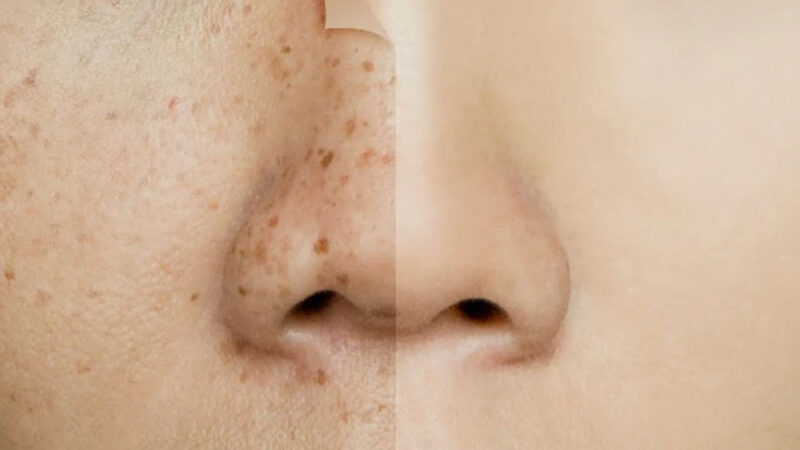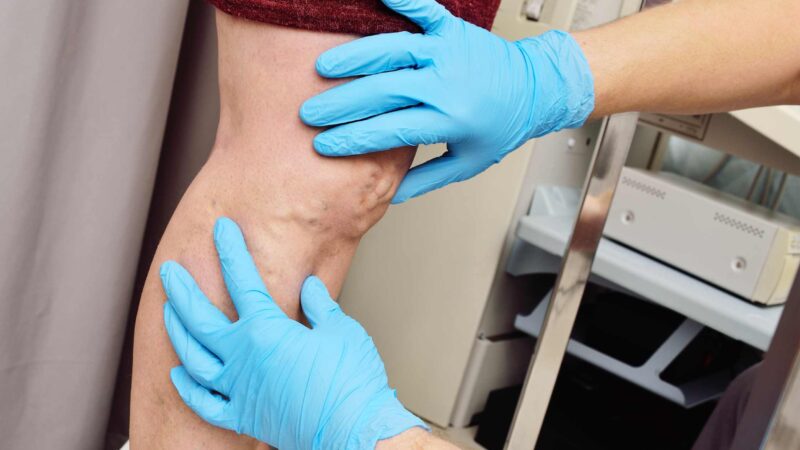How You Can Benefit From Shockwave Therapy

Shockwave therapy is a non-invasive medical treatment that uses high-frequency sound waves to stimulate healing in various body areas. It is a safe and effective treatment option for various musculoskeletal conditions. It is advisable to note that New York shockwave therapy may not be suitable for everyone and should be used under the guidance of a qualified healthcare professional.
Shockwave therapy evaluation and diagnosis
Before undergoing shockwave therapy, it is important to receive a proper evaluation and diagnosis from a qualified healthcare professional. This may involve a physical exam, medical history review, imaging tests (such as X-rays or MRIs), and other diagnostic tests to determine the underlying cause of your condition and assess whether shockwave therapy is a suitable treatment option for you.
During the evaluation process, your healthcare professional will also assess potential risk factors or contraindications that may make you ineligible for shockwave therapy. These factors may include pregnancy, bleeding disorders, nerve damage, or metal implants in the treated area.
Once a diagnosis has been made, and shockwave therapy has been deemed a suitable treatment option, your healthcare professional will work with you to create a personalized treatment plan. This plan may involve a series of shockwave therapy sessions, typically spaced several days apart, depending on the severity of your condition and your response to treatment.
There are several ways in which shockwave therapy can benefit you:
- Reduced pain: Shockwave therapy is an effective treatment for various types of pain, including chronic pain, tendonitis, and muscle strains. The sound waves stimulate the release of pain-relieving chemicals in the body, which can provide immediate relief.
- Increased range of motion: It can help improve joint function and increase range of motion by promoting healing and reducing inflammation. This can particularly benefit you if you have frozen shoulder or rotator cuff injuries.
- Accelerated healing: Shockwave therapy stimulates the growth of new blood vessels and increases blood flow to the treated area, accelerating healing times. This can be particularly beneficial for you when recovering from surgery or injuries.
- Non-invasive treatment: Shockwave therapy is a non-invasive treatment option that does not require surgery or medications. This can be particularly appealing if you want to avoid the risks and side effects of more invasive treatments.
- Long-lasting results: Shockwave therapy has been shown to provide long-lasting results for many patients, with some studies showing that the benefits can last up to a year after treatment.
After undergoing shockwave therapy, following certain guidelines to promote healing and reduce the risk of complications is advisable. Here are some general aftercare tips to keep in mind:
- Rest: After receiving shockwave therapy, it is important to rest the treated area for a few days to allow the body to heal. Avoid strenuous activity, heavy lifting, or any activities that could aggravate the treated area.
- Pain relief: Over-the-counter pain relievers, such as acetaminophen or ibuprofen, can help manage pain or discomfort.
- Hydration: It is important to stay hydrated after receiving shockwave therapy. Drink plenty of water to help flush toxins from the body and promote healing.
Your healthcare professional at Kenneth Meisler, DPM, PLLC & Associates can help you weigh the potential benefits and risks of the therapy and determine whether it is the best treatment option for you.







